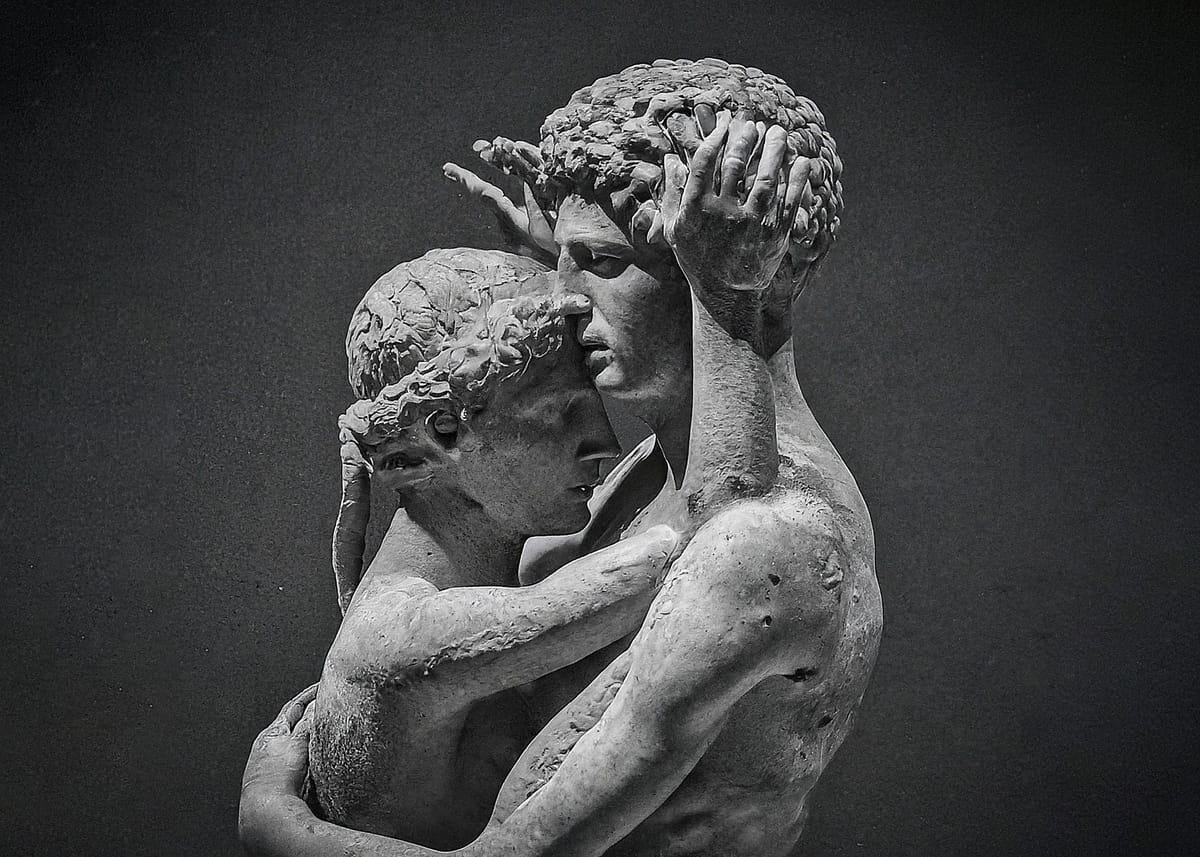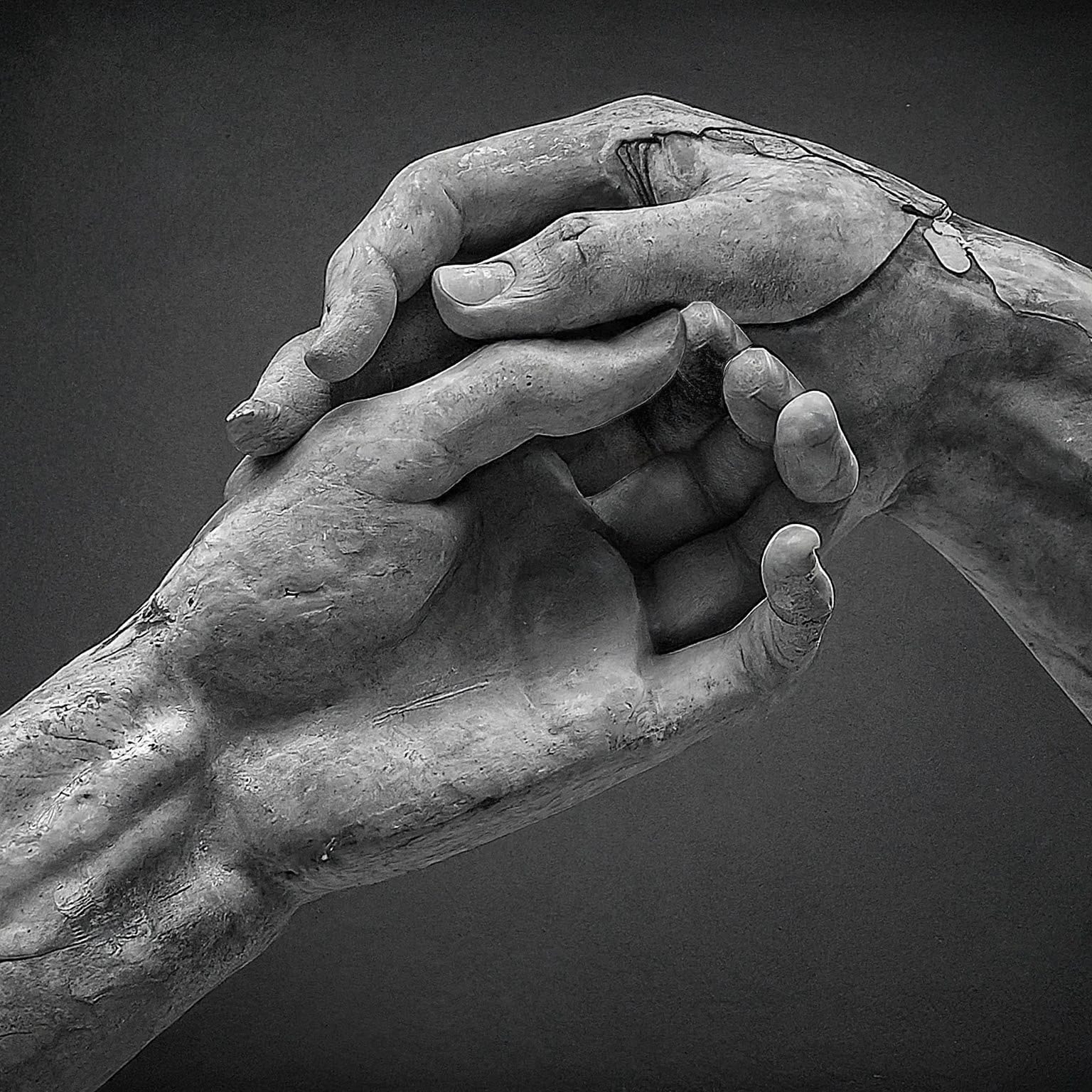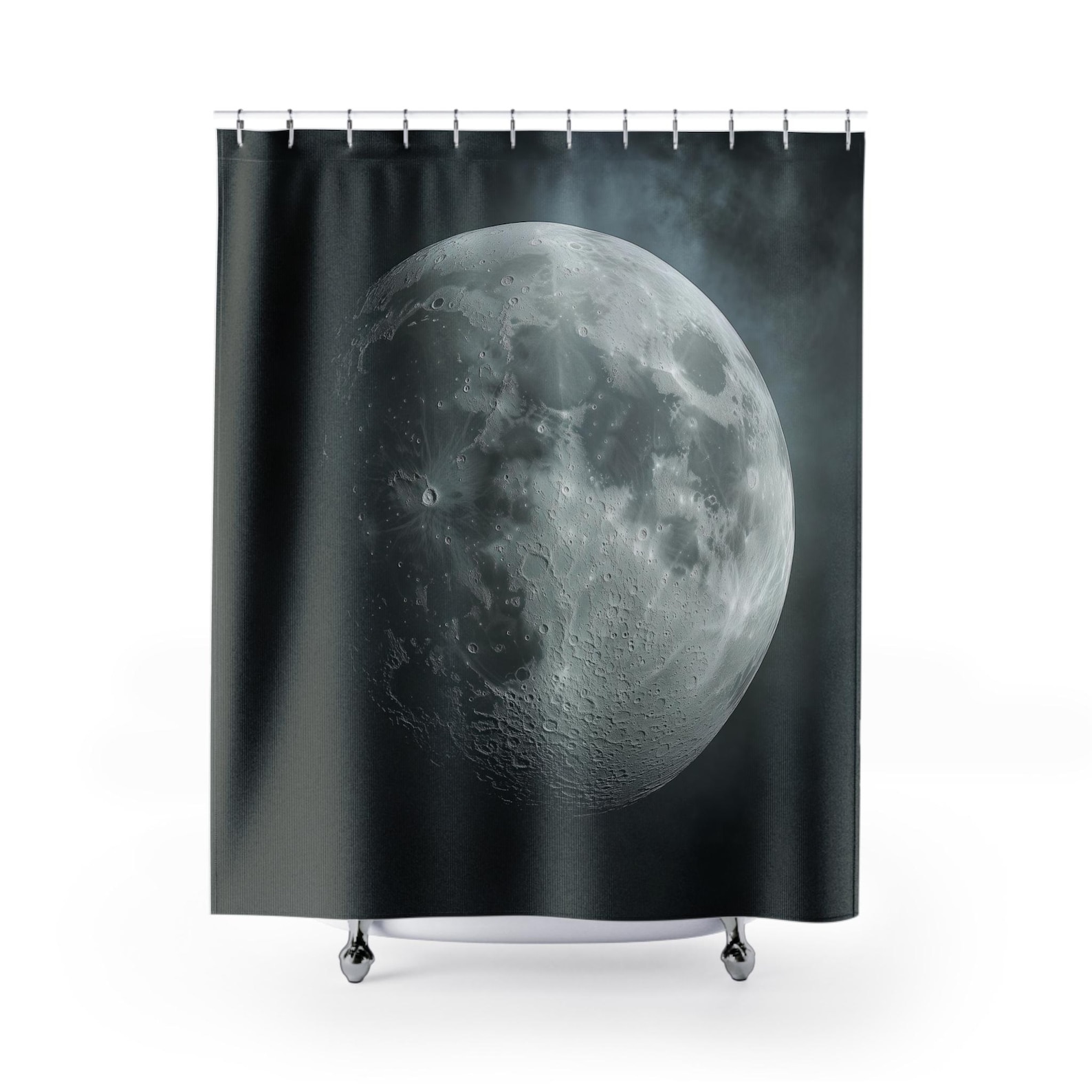Violent Times: St. Vincent and the Art of Seeing Differently
St. Vincent’s “Violent Times” masterfully intertwines personal and societal turmoil with the cinematic intensity of a Bond theme, creating a poignant narrative of chaos, materialism, and regret.

Finding Clarity in "Violent Times"
St. Vincent’s “Violent Times” doesn’t hit with shock value the way some of her other tracks do. Instead, it creeps in with a cinematic clarity — almost Bond-like in its structure — and then bends that clarity into distortion. It mirrors the way art, and life itself, can begin crisp and defined before dissolving into noise.
The lyrics point to what happens when the pursuit of “dollar signs” blinds us. Money promises relief, but the cost is often hidden — a kind of erosion of meaning. That’s not far from the lesson of many artworks: beauty and worth are fragile when reduced to currency.
More than anything, the song is about altered sight. “You’re the same, but I got different eyes” is the pivot point. It’s the recognition that perception itself is what shifts — not always the world, but how we learn to see it after chaos, grief, or survival. In art, as in life, the subject may not change, but the gaze does.

The metaphors — falling into the well, waking in hell, lovers buried in ash — sketch a cycle of trauma and endurance. They’re heavy images, but the point isn’t only descent. It’s that clarity is sometimes found underground, in those darker spaces we’d rather avoid.
What makes “Violent Times” linger is not just the lush production or the hook. It’s the reminder that even amid distortion, something true still cuts through: connection, perception, the shift of the eye. That’s where art, and songs like this, live.












